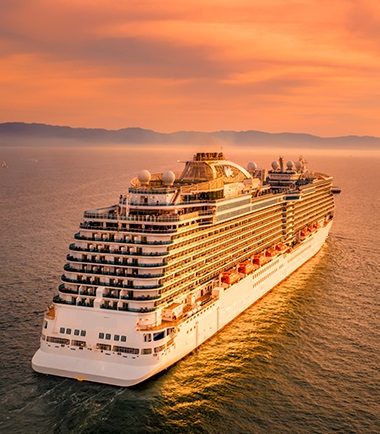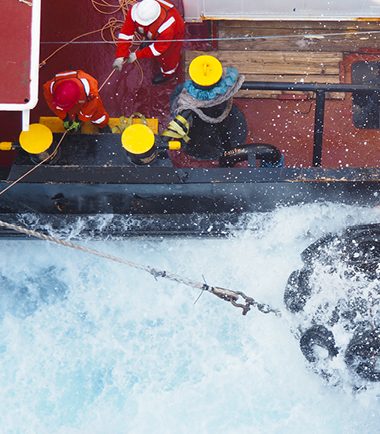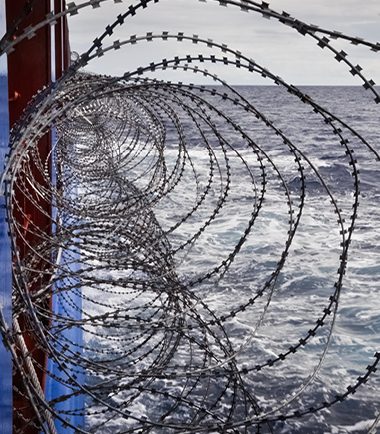Lessons to Learn
MIGRANTS IN DISTRESS AT SEA
On 4 August, the shipmaster of the Maersk Etienne, a Danish-flagged oil tanker, was reportedly instructed by the Maltese rescue co-ordination centre to attend to a small fishing vessel in distress off the coast of Tunisia in the Gulf of Gabes.
The chemical tanker MAERSK ETIENNE was transiting east in the Mediterranean Sea when it was requested by the Maritime Rescue Coordination Centre (MRCC) Malta to assist in the search and rescue of a migrant boat. The ship located the migrant vessel and rescued 27 migrants about 70 nautical miles north of the Libyan coast. The Maltese authorities refused to allow the migrants to land in Malta. It was over a month before MAERSK ETIENNE could transfer the migrants to a humanitarian vessel and proceed on her way. The crew said the situation had become desperate with the ship in danger of running out of food and water, there were also concerns about the mental health of the survivors, among them one pregnant woman and one child. The increase in such incidents across the Mediterranean has raised safety concerns among stakeholders within the shipping industry, signalling the need for comprehensive, collaborative efforts to address the ongoing humanitarian crisis.
Lessons Identified:
Ship operators and masters face difficult and sometimes expensive decisions when called upon to assist in migrant Search and Rescue operations. Although compelled by International Law to assist in the rescue of those in distress, there is no clear guidance regarding the duty of care of those rescued and perhaps more importantly, where migrants can be disembarked especially if the survivors claim political asylum. Ships Masters, crews, and indeed, ships owners and shore-based staff, receive no formal guidance or training on how to deal with the sudden influx of migrant survivors.
Advice and Guidance:
Our online training course ‘Migrant Assistance at Sea’, helps prepare your ship and shore based team to deal with a migrant rescue situation by understanding the legal obligations, preparing the vessel and crew to receive survivors, and ensuring proper legal and humanitarian procedures are followed.
Image Credit: Maersk Tankers
Spotlight Reports
Neptune P2P Group provides maritime security and security risk intelligence to business, government, construction and infrastructure, oil and gas, media, NGOs, private individuals, and many other organisations of all sizes across the globe. We empower and support you and your teams to make informed decisions.
Our Intelligence Team produces regular free reports which focus on the most pressing issues affecting global business, operations, and trade. You can read our reports here or if you need something more bespoke, please contact us and we’d be happy to help.




